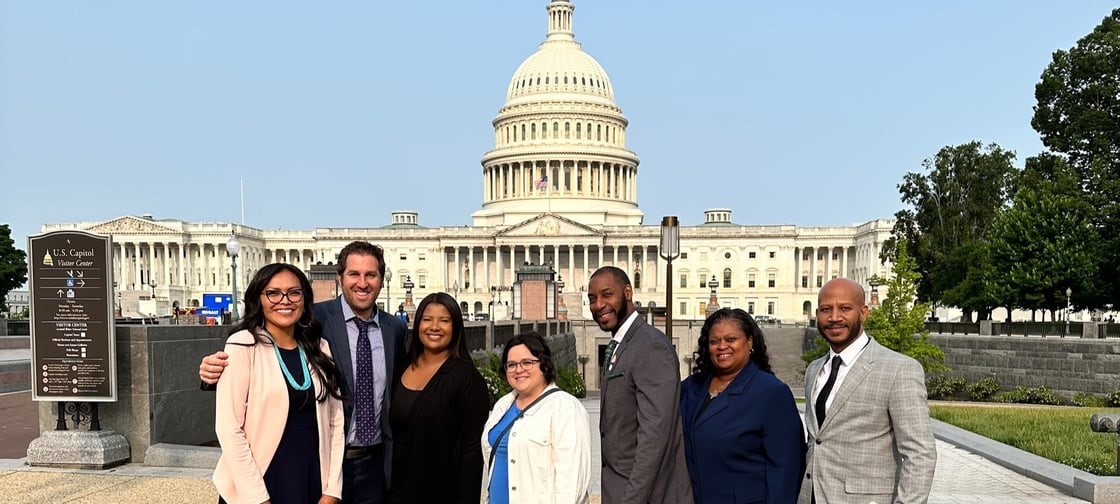Bellwether recently released a new report on the promise of charter schooling in rural America—and the very real challenges facing it. The paper is part the ROCI initiative, a two-year project on rural education reform funded by the J.A. and Kathryn Albertson Foundation.
We went into this project knowing relatively little about rural charters. It turns out that this is partially because there are so few of them. There are a mere 785 rural charter schools, and only 111 of them are in the most remote rural areas. High-performing charter schools have accomplished great things for many inner-city kids, so we wondered whether they could do the same in rural areas. The need is great. There are 11 million students in rural public schools, and kids in rural America are more likely than their peers in any other geography to live in poverty. Only 27 percent of rural high school graduates go on to college, and just one in five rural adults has earned a bachelor’s degree. But bringing public charter schools to these communities is knottier than we imagined. First, “rural” defies a simple definition. As one scholar put it, the term includes “hollows in the Appalachian Mountains, former sharecroppers’ shacks in the Mississippi Delta, desolate Indian reservations on the Great Plains, and emerging colonia along the Rio Grande.” What is good for one rural community may not be for another. Second, since many rural areas are isolated and sparsely populated, a new schools strategy faces numerous obstacles, such as enrolling enough students, acquiring facilities, and recruiting teachers and administrators. Third, it’s often the case that a rural district-run school is the largest employer in the area, the hub of local activities, and one of the few visible public investments for miles. As a result, the existing district school is woven tightly into the community’s fabric. New charter schools are often seen through narrowed eyes. But our research also gave us reason for encouragement. There are numerous examples of successful rural charters, from KIPP’s cluster in the Mississippi Delta to the Upper Carmen Charter School in Idaho. There have been heartening instances where charter schools enabled a community—threatened by a consolidation effort—to maintain a local school, preserving the community and its heritage. The paper is sprinkled with facts that we found fascinating, often surprising, and occasionally frustrating.
Very few charter management organizations (CMOs) operate in rural areas.
Of the nation’s 10 most rural states, 7 have no charter law.
States without one of the nation’s 50 largest cities are more likely to lack a charter school law, and, when they do have one, it’s more likely to be rated poorly by both the National Alliance and Center for Education Reform.
Some state charter schools laws have provisions that make starting a rural charter nearly impossible or prohibited.
Rural charter schools get substantially less funding than district-run schools and face high costs related to transportation and buildings.
The report makes a number of recommendations related to teacher preparation and certification, technology, charter caps, funding, and transportation. There are clearly a number of policies that states ought to revisit. But a big takeaway from this project is that better policy alone won’t expand the public school options available to rural kids. Charter school advocates need to better understand rural communities, their strengths, and their challenges. And given the differences among rural communities, different approaches are going to be needed for deciding if, when, where, and how a new charter school should emerge. Andy Smarick is a partner at Bellwhether Education Partners and author of A New Frontier, Using Charter Schooling to Strengthen Rural Education. Juliet Squire is an associate partner at Bellwether Education Partners. Click here to view the National Alliance’s recent video, The Story of Rural Charter Schools.







